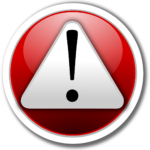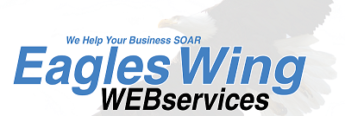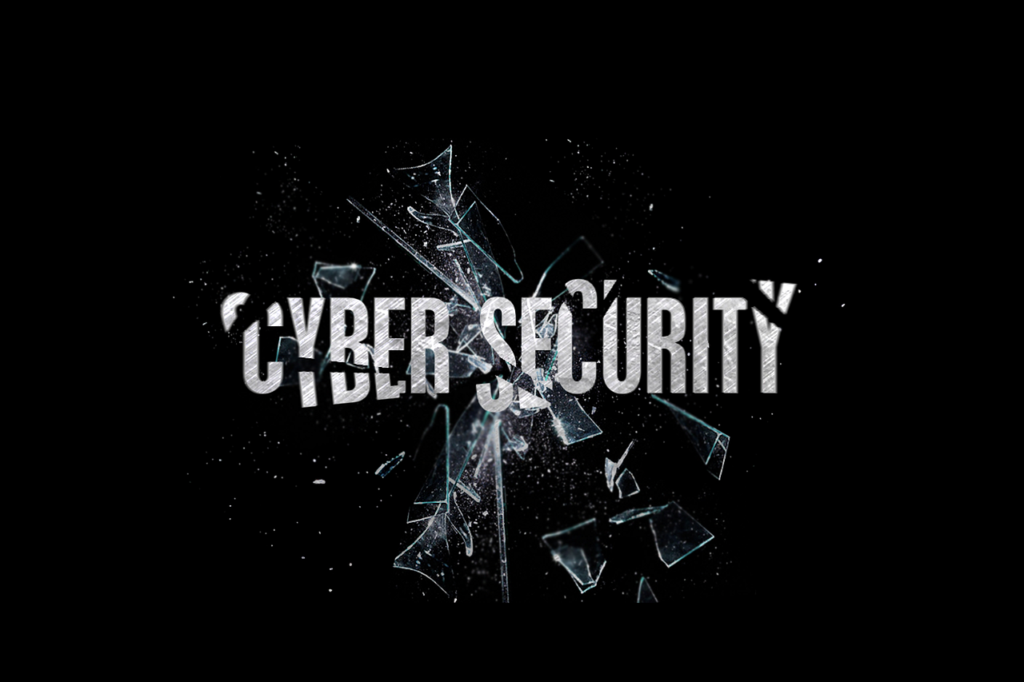Maybe you don’t think your website has any information that is worthy of stealing or being hacked, but websites are often compromised not to steal data, but to gain access to a server. Today many are overwhelmed with the devastation of finding out their website has been compromised and in some cases, key information is lost or stolen. Just like many natural disasters, the destruction of property and loss that occurs is devastating. Having a plan to cope with this type of disaster is helpful even though some things may never be replaced. The same is true of your website and Internet presence.
Helpful tips to keep your website safe from hackers and protect it if a natural disaster occurs.
Backup!
 Having several backups in place is a key element to retrieving your site if it were to go down. Make sure to keep backups in several different places. In fact, you might even consider taking screen shots of your pages just in case you would have to start from scratch. Your hosting company should periodically backup their servers which in turn will backup your site data. You can download a copy of your site and upload it to a cloud database. However, not all of your backups should be online. If your Internet were to fail, servers go down and cloud technology not work. It is imperative to have a way to replace your website without relying on someone else. We suggest downloading a full copy of your website with all the files and keeping it on an external hard drive. Remember your site will be more than just the pages, it will include your images, extra files, documents, code and more. Be sure to keep a current copy of all the files and data that is necessary to upload your complete website. Depending on how often your content is changed and updated, making a back up once a week is usually a good rule of thumb.
Having several backups in place is a key element to retrieving your site if it were to go down. Make sure to keep backups in several different places. In fact, you might even consider taking screen shots of your pages just in case you would have to start from scratch. Your hosting company should periodically backup their servers which in turn will backup your site data. You can download a copy of your site and upload it to a cloud database. However, not all of your backups should be online. If your Internet were to fail, servers go down and cloud technology not work. It is imperative to have a way to replace your website without relying on someone else. We suggest downloading a full copy of your website with all the files and keeping it on an external hard drive. Remember your site will be more than just the pages, it will include your images, extra files, documents, code and more. Be sure to keep a current copy of all the files and data that is necessary to upload your complete website. Depending on how often your content is changed and updated, making a back up once a week is usually a good rule of thumb.
Security Alerts
 Being notified when there is a possible security breach on your website can be overwhelming. Most of the time, these alerts are just a necessary annoyance, but these alerts will also let you know when someone is trying to hack into your site (or server) as well as when your backup is complete. Receiving several notifications a day either by email or text can be valuable to keeping you informed. These notifications will send key information when someone signs in or updates a page or your website has some type of activity that is pertinent to the server. If you have multiple users updating your site or signing into a designated area, it is definitely a must. Ask your web designer to include this or make sure your host is monitoring this activity.
Being notified when there is a possible security breach on your website can be overwhelming. Most of the time, these alerts are just a necessary annoyance, but these alerts will also let you know when someone is trying to hack into your site (or server) as well as when your backup is complete. Receiving several notifications a day either by email or text can be valuable to keeping you informed. These notifications will send key information when someone signs in or updates a page or your website has some type of activity that is pertinent to the server. If you have multiple users updating your site or signing into a designated area, it is definitely a must. Ask your web designer to include this or make sure your host is monitoring this activity.
Update Software
 Keep your software up to date. The software industry does a good job of keeping hackers and unwanted visitors out of their code, but with ever evolving technology, it’s a never ending job. Making sure your software is up-to-date will ensure you have the latest fixes for any known issues. Go ahead and opt-in to reporting any issues or errors you have as this will help your software developers know when there is a breach of security for several users and be able to fix the issue in a timely manner.
Keep your software up to date. The software industry does a good job of keeping hackers and unwanted visitors out of their code, but with ever evolving technology, it’s a never ending job. Making sure your software is up-to-date will ensure you have the latest fixes for any known issues. Go ahead and opt-in to reporting any issues or errors you have as this will help your software developers know when there is a breach of security for several users and be able to fix the issue in a timely manner.
Keep Website Current
Don’t leave your website dormant. Make sure to keep some type of content updated on your website every few weeks. Hackers know when a website is just sitting with no interaction. This is an easy target for them as it may seem no one is paying attention to a site with limited activity. Plus, is it will help your SEO ranking to update your content frequently!
Passwords
 Keeping it simple when it comes to passwords is never a good idea. If you keep your password simple and easy to remember, it will be much easier for hackers to figure out as well. Passwords should be at least 12 characters long. They need to include uppercase and lowercase letters, numbers and symbols. Password keeping software is available to help you remember your passwords. Changing your password every 60 to 90 days is also a good idea. It may keep your potential hackers confused, plus it keeps your account active and not dormant.
Keeping it simple when it comes to passwords is never a good idea. If you keep your password simple and easy to remember, it will be much easier for hackers to figure out as well. Passwords should be at least 12 characters long. They need to include uppercase and lowercase letters, numbers and symbols. Password keeping software is available to help you remember your passwords. Changing your password every 60 to 90 days is also a good idea. It may keep your potential hackers confused, plus it keeps your account active and not dormant.
Error Messages
 Error messages appear when your website is not able to load content for a visitor. These are usually pre-configured in your software or by your hosting company. Make sure they do not include valuable information that a hacker can use to gain access to your server. If you don’t know, just ask. Your hosting company or web designer will know.
Error messages appear when your website is not able to load content for a visitor. These are usually pre-configured in your software or by your hosting company. Make sure they do not include valuable information that a hacker can use to gain access to your server. If you don’t know, just ask. Your hosting company or web designer will know.
 No one cares about your reputation more than you. Your online presence is your responsibility. You buy insurance for disaster relief for property, you need to do the same for your online presence. Hire someone to help you know you are protected from disaster and then keep a list for yourself. Ultimately, if your site goes down, you are the one that will want it back up and running as soon as possible. The #1 tip to keeping your reputation close at hand is to keep several current backups where you can access them quickly. Hopefully, disaster will never strike you on the web. But if it does, the best option is to have a plan to recover!
No one cares about your reputation more than you. Your online presence is your responsibility. You buy insurance for disaster relief for property, you need to do the same for your online presence. Hire someone to help you know you are protected from disaster and then keep a list for yourself. Ultimately, if your site goes down, you are the one that will want it back up and running as soon as possible. The #1 tip to keeping your reputation close at hand is to keep several current backups where you can access them quickly. Hopefully, disaster will never strike you on the web. But if it does, the best option is to have a plan to recover!

